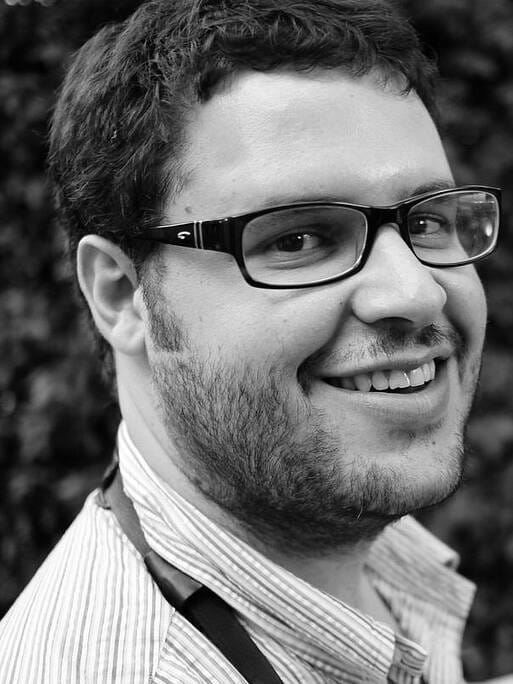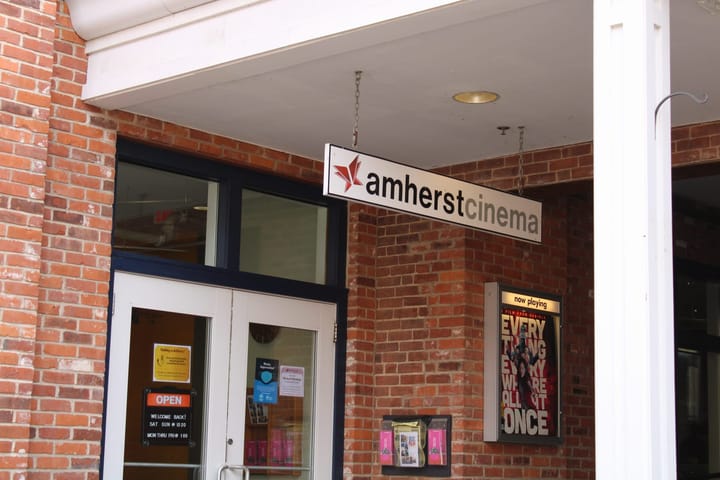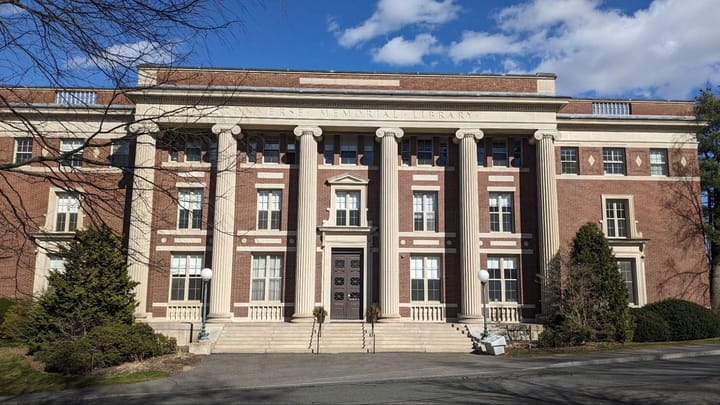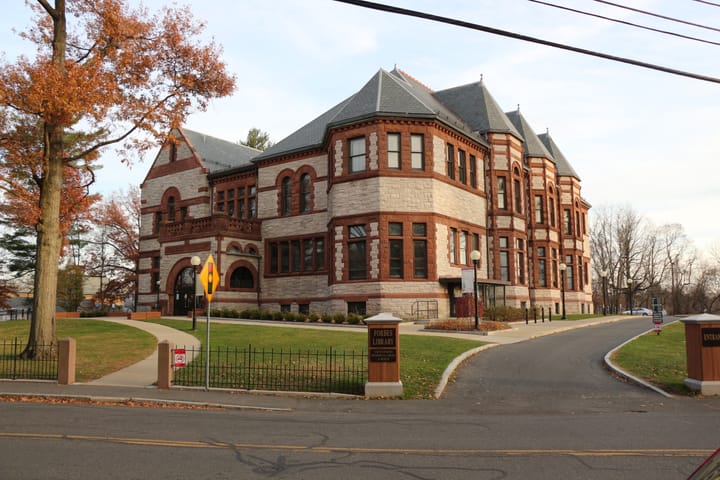Fresh Faculty: Matteo Riondato

Matteo Riondato is an assistant professor of computer science. He received a master’s degree in engineering at the University of Padua in Italy. Later, he received his master’s degree and Ph.D. in computer science at Brown University.
Q: When did you begin studying computer science and why did you want to pursue it? A: I had been playing around with the computer since I was a teenager, but I really started with computer science when I was 16. At an early age, I was attracted by the uniqueness of complex operating systems. As I got older, I became more attracted to the math behind computer science, and specifically how math and computers could be applied to the real world.
Q: What made you want to teach at Amherst College? A: The students! I was teaching part-time at Brown University, and I realized that interacting with the students was my favorite part of the job. I applied to Amherst because I knew the students were extremely smart here, and because of the small class sizes, I knew that I could interact with students on a daily basis. When I got here for my job interview, I interacted with students, and they blew me away with how intelligent they were.
Q: What about Amherst do you like, and which aspects do you think could be improved? A: I am very happy about Amherst’s focus on the sciences, which reflects in the beautiful new science center that I get to teach in. I also like how the students take advantage of the liberal arts education offered here. For example, I have students who are also taking classes like ethics and drawing. It’s too early for me to say what aspects that can be improved.
Q: What kinds of research and projects have you worked on? A: I work on developing algorithms for the analysis of very large data sets like social networks and stock prices. The students in my Data Mining class are actually studying these types of algorithms right now! We have so much data to analyze, and I’m wondering if we can only analyze a small subset of the data while still getting the same accuracy that you get from larger data sets.
Q: What would you like to contribute to Amherst during your time here? A: I would like to ensure that most of our students are data-proficient. Because you can lie so much with data, it is important that students are able to understand when they are being lied to. Therefore, I want students to be able to interpret data themselves when they come across it in the real world.
Q: What do you like to do in your spare time? A: I like to take pictures with my film camera. I also like sailing, but I don’t know how much sailing I’m going to do here.





Comments ()